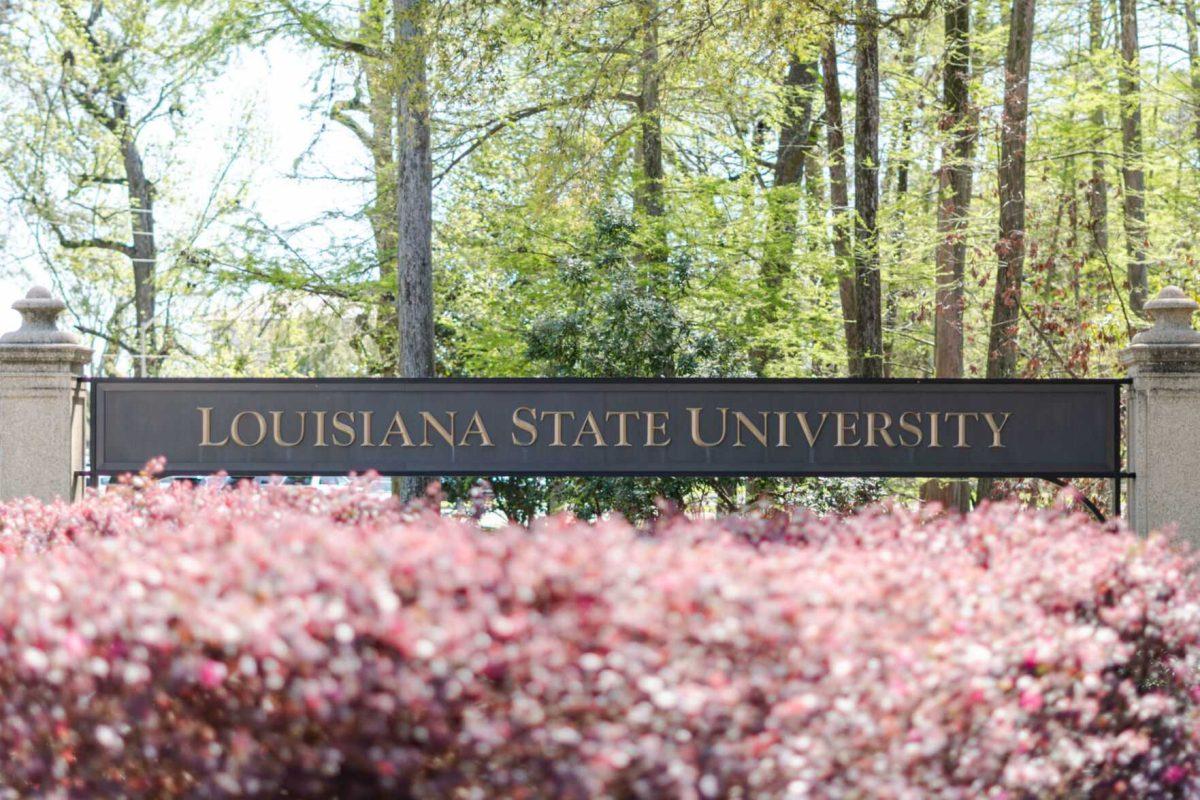LSU professor Nicolas Bazan, who has been called a “universal genius” for his work as a research scientist, an author, a movie producer, an entrepreneur and more, is leading a group of researchers studying a groundbreaking treatment for neurodegenerative diseases.
Beginning at the university in 1981, Dr. Bazan is the founding director of the Neuroscience Center of Excellence at LSU Health New Orleans’ School of Medicine. He has served as the Ernest C. and Yvette C. Villere Chair for the Study of Retinal Degeneration at the university’s Health Sciences Center since 1984, and was named a Boyd Professor, the highest academic rank in the LSU System, in 1994.
Dr. Bazan and his team of researchers have been focusing on identifying potential therapeutics for brain injuries and ischemic strokes, a stroke caused by the blockage of an artery or vein. They have also explored fundamental issues using human brain cells in culture and the brains of patients with Alzheimer’s disease.
“What we found besides novel mechanisms of brain injury is that the elovanoids – molecules that we discovered, named and patented through LSU Health New Orleans – are clearly neuroprotective, opening up therapeutic avenues to thwart consequences of traumatic brain injury,” Dr. Bazan said.
Elovanoid molecules help the brain defend itself from injury and protect its cognition and memory functions. When introduced to the brain post stroke or injury, the molecules can halt the onset of dementia or Alzheimer’s disease.
Dr. Bazan said the molecules and their therapeutic potential could move from the lab to patient care in a few years.
“There are no signs of toxicity or side effects with our elovanoids, so I believe in the upcoming years this enzyme will be used on patients,” Dr. Bazan said.
Synthetic and chemical molecules have been studied for the same purpose, but because they are “foreign molecules,” meaning they do not occur in the brain, they have many side effects. Since elovanoids are made in the brain, they are safer.
It is estimated that more than 5.6 million Americans 65 years or older are living with dementia. While the financial challenges of dementia care are significant, Dr. Bazan’s team wants to center the deeper human aspect of the disease.
“We want our focus on the emotional aspect of the family members of dementia patients,” Dr. Bazan said.
Dr. Bazan has inspired many young minds and researchers with his dedication to combating brain injuries. For his findings, he has been invited to present his team’s discoveries in a major international meeting in Rome, Italy this week.
He will present his lecture on elovanoids’ impact on neurodegenerative diseases and is also chairing a session at the conference.
“We need to conquer these brain diseases, and the only way to do that is to provide more knowledge through research,” Dr. Bazan said. “That is where we need young minds to continue down this path.”
A previous version of this story erroneously misquoted Dr. Bazan. The elovanoids show no signs of toxicity. We regret this error and the article has since been corrected.









